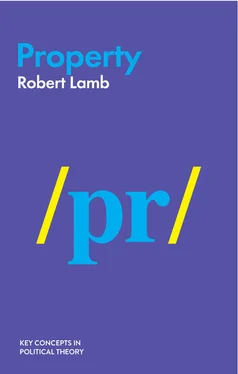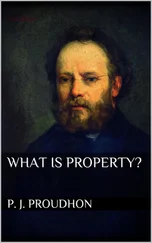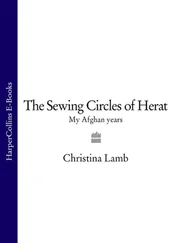The remainder of the book is a response to this challenge posed by the claimed illegitimacy of private ownership. In the following five chapters, I consider various theoretical attempts to justify property as an institution. In the second and third chapters, I examine an account of ownership within the libertarian tradition, focusing on the construal of property as an inviolable right that implies the wrongness of coercive taxation. I first analyse Robert Nozick’s libertarian political theory, showing how his radical defence of property rights against the state is derivative ultimately from a principle of self-ownership rather than from a commitment to freedom . In the following chapter I uncover the roots of self-ownership through a discussion of the history of the supposed ancestry of libertarian thought (in early modern and modern natural rights theories). I show that, within these historical theories, property rights have traditionally been justified through reference to an overarching account of natural law. My suggestion is that, when unmoored from this account, the modern, secularised principle of self-ownership looks eccentrically individualistic and incapable of sustaining the radical political conclusion advanced by Nozick. While the most obvious place to find a justification for property might seem to be within the libertarian tradition, my suggestion is that philosophers must look elsewhere.
In the fourth and fifth chapters, I consider alternative justifications for property ownership that do not try to defend the institution through reference to natural rights. I look first at the consequentialist accounts of the institution we find in the utilitarian tradition, in the writings of David Hume, Jeremy Bentham, and J. S. Mill. Each uses the idea of utility in a different way to justify the institution of property ownership and its associated legal conventions. After a discussion of the logics that drive them, I conclude that these three different justifications – though they are arresting and again have some intuitive pull – seem likewise incapable of providing a solid foundation for the existence of private property, their vulnerability traceable to the empirical claims upon which they must rely. I then move on, in the fifth chapter, to outline what might be the most compelling justification of private property in modern political thought. This justification, which can be found in the political writing of nineteenth-century German philosopher G. W. F. Hegel, is one that takes seriously the meaning and purpose of property in both its individual and social dimensions. The attraction of the Hegelian justification is, I suggest, that it can account for both the individualistic nature of the institution of private ownership and its ultimately social justification, while being unaffected by the vagaries that would threaten any consequentialist version.
However, while Hegel might provide a convincing account of why property exists, and the forms that it can take, his account is not without difficulties. For one thing, his theory raises the problems of poverty, inequality, and intergenerational injustice – issues on which Hegel is either silent or offers answers that are less than satisfactory. There is something missing from his overall theory that is addressable through a more holistic normative framework. I therefore turn, in the sixth chapter, to consider the case for such a holistic approach, in relation to what John Rawls has termed ‘property-owning democracy’. Rawls’s theory embeds his commitment to property ownership within his broader account of justice, and does so in a way that fuses liberal commitments to freedom and equality. My ultimate conclusion is that private property can indeed be justified as a social institution, but its value as a concept is articulable and appreciable through an overall normative philosophical framework, rather than in isolation. To reach that point, we need to embark on quite a journey. We must first begin, however, by considering the view that the journey is not worth undertaking at all, on the basis that we should reject private property from the outset as an indefensible political institution.
1 Alternative theoretical introductions to the concept of property include Becker 1977; Ryan 1984; Reeve 1986; and, more historically Garnsey 2007. Full-length philosophical analyses include Munzer 1990; Penner 1997, 2020; Harris 2002, as well as the recent discussion – as part of a larger consideration of human rights – in Cruft 2019. For an excellent recent history of the idea of property that covers far more than this book can, see the three volumes by Christopher Pierson (2013, 2016, 2020). To my mind, the most creative and rigorous discussion of property within contemporary political theory remains Waldron 1988. 2 See Pettit 1999 for elaboration of this thesis, as well as Skinner 2002. 3 For an illuminating full-length consideration of historical and contemporary philosophical accounts of bequest, see Halliday 2018. For further discussion, see also Braun 2010 and Lamb 2014. 4 For a comprehensive analysis that defends this view of property as a misleading concept, see Glackin 2014. 5 For a compelling philosophical account of the nature of intellectual traditions, see Bevir 1999.
Конец ознакомительного фрагмента.
Текст предоставлен ООО «ЛитРес».
Прочитайте эту книгу целиком, на ЛитРес.
Безопасно оплатить книгу можно банковской картой Visa, MasterCard, Maestro, со счета мобильного телефона, с платежного терминала, в салоне МТС или Связной, через PayPal, WebMoney, Яндекс.Деньги, QIWI Кошелек, бонусными картами или другим удобным Вам способом.












